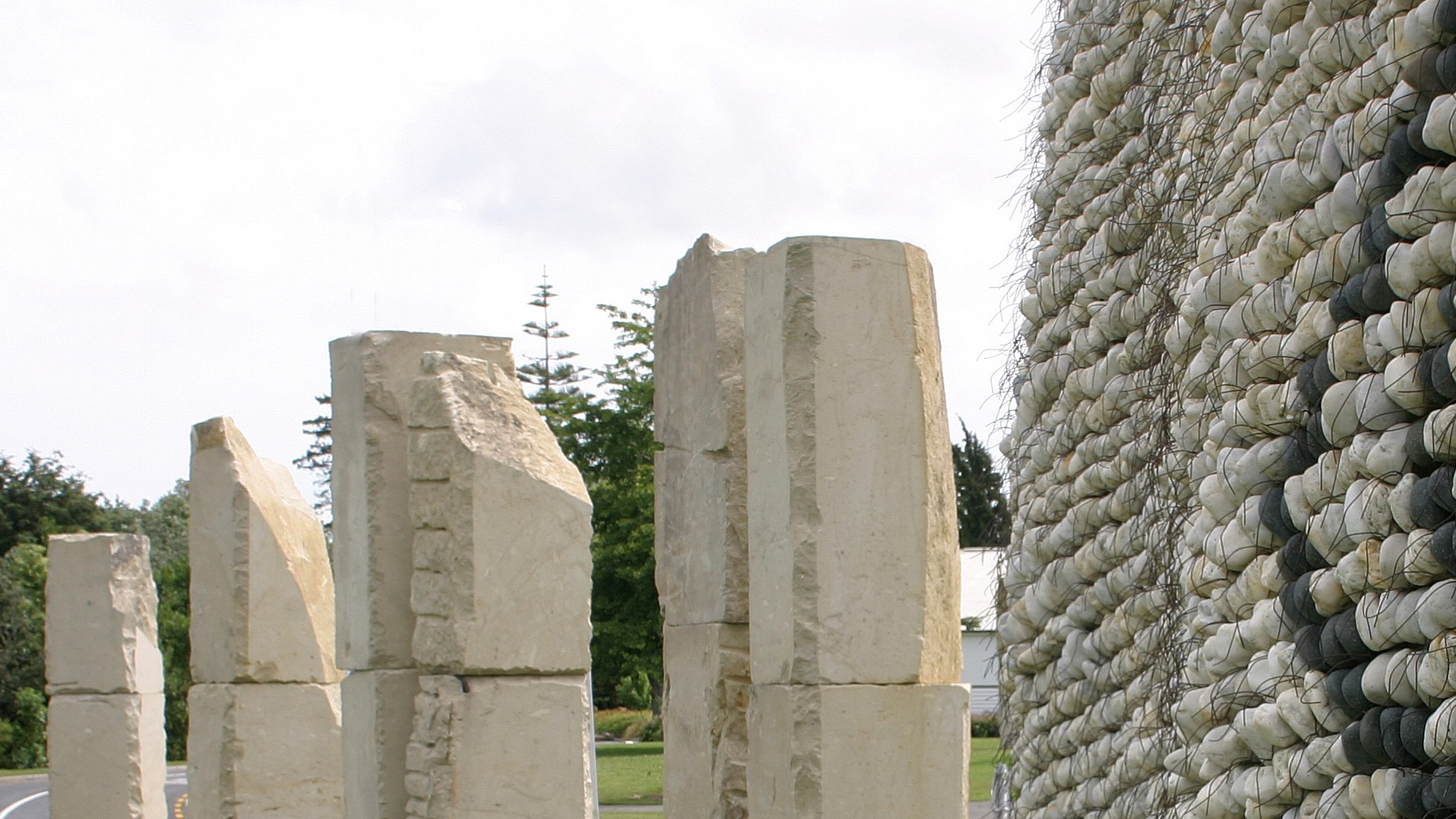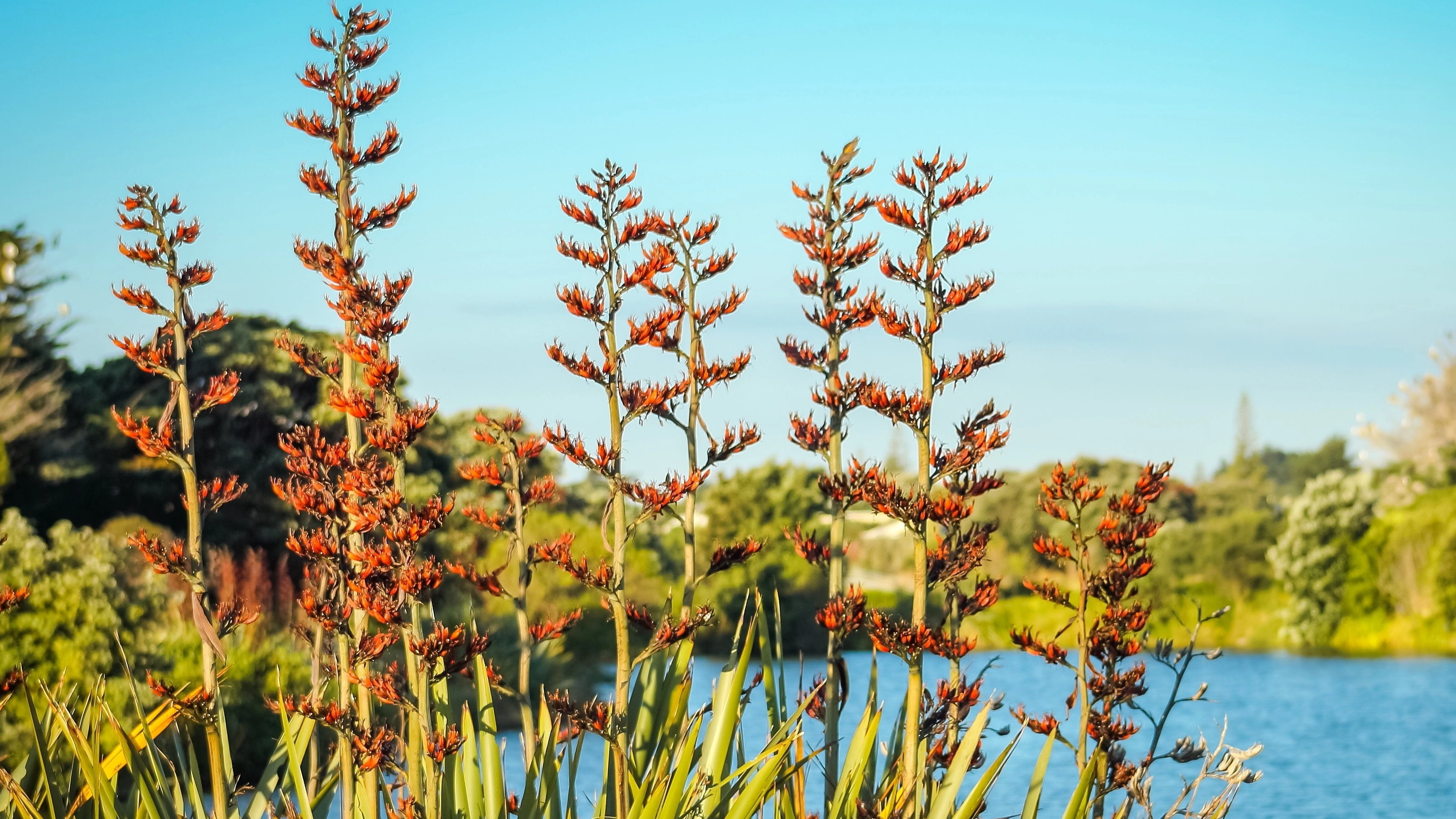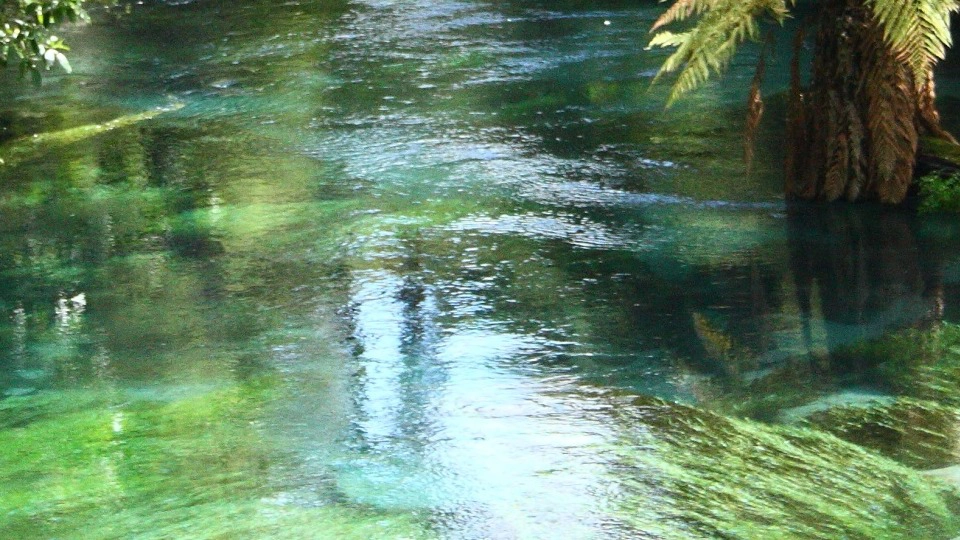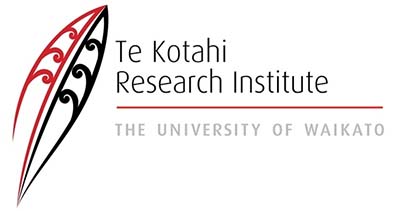
Taikākā: Optimising Māori Academic Achievement
Taikākā: Optimising Māori academic achievement in a Maori medium teacher education programme was funded by Ako Aotearoa.

The Construction of the Indigenous Incarcerated Body: Māori and the School to Prison Pipeline
This project focused on the construction of the School to Prison Pipeline for Māori. Statistics highlight that within Aotearoa there is an over-representation of Māori with the prison population.

Te Tātua o Kahukura
Te Tātua o Kahukura was a two year project that sought to collaboratively develop evidence based understanding and awareness of the capacity building needs of Māori and Indigenous doctoral students.

Te Pū o te Rākau: Pūrākau and Indigenous Storywork
Always more than ‘an incredible story’ (Williams, 1985), pūrākau were cultural narratives that generated knowledge, understanding and inspiration about our natural, social and spiritual worlds.
